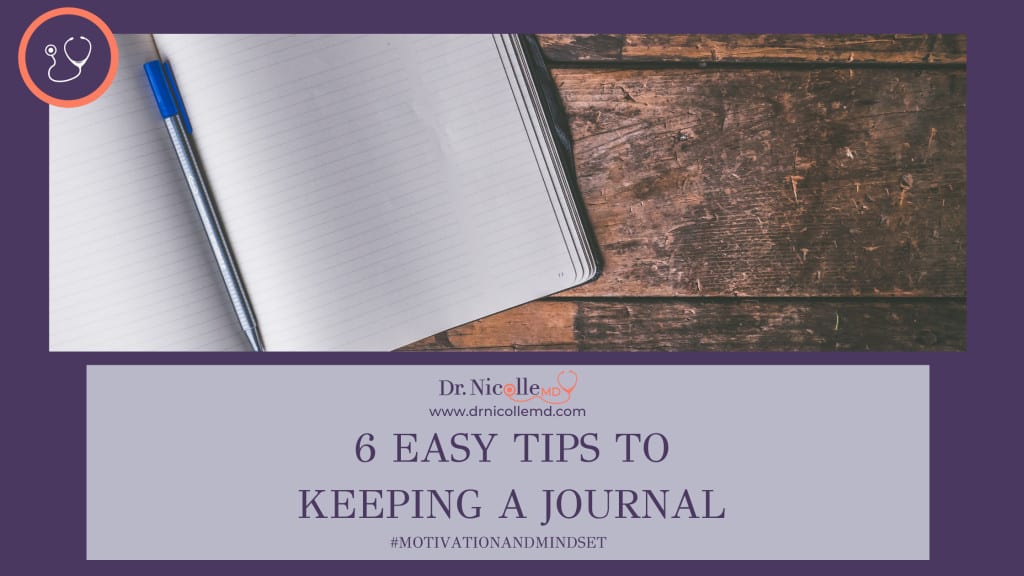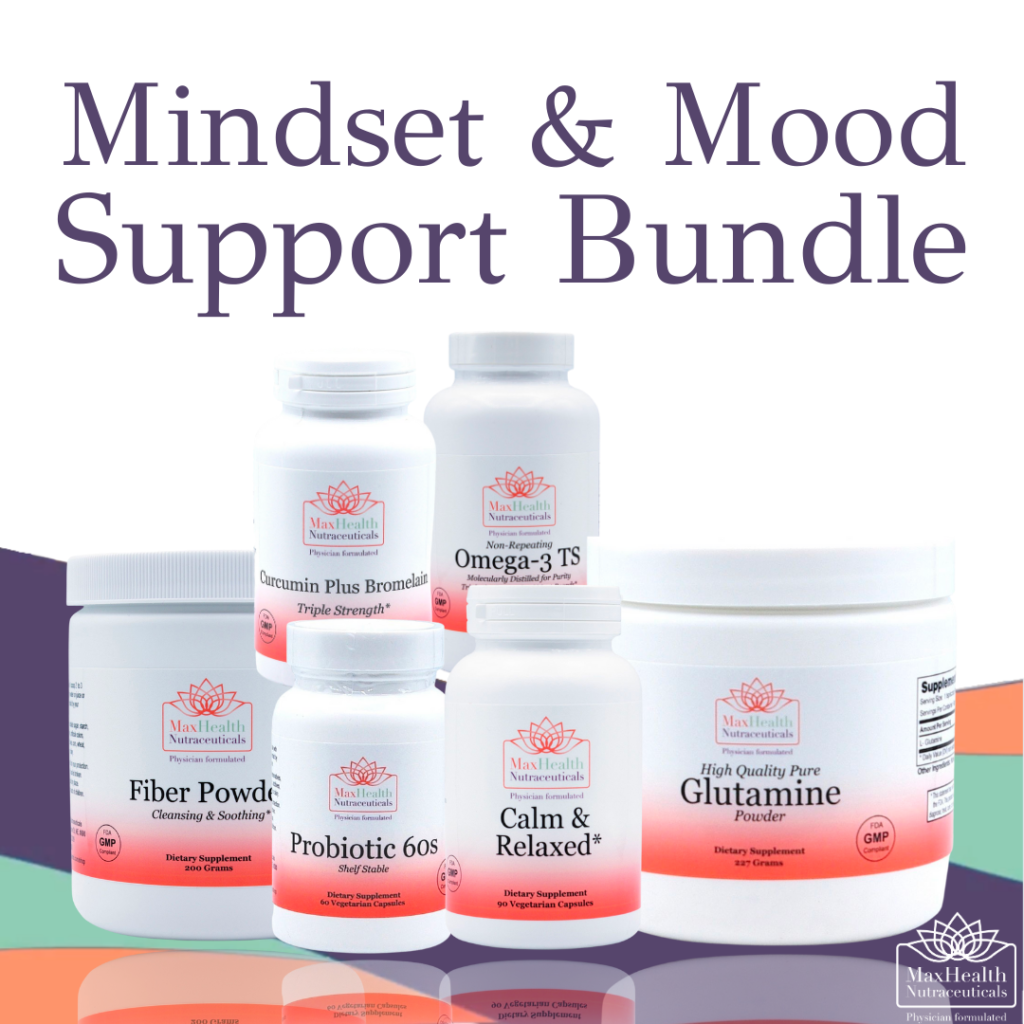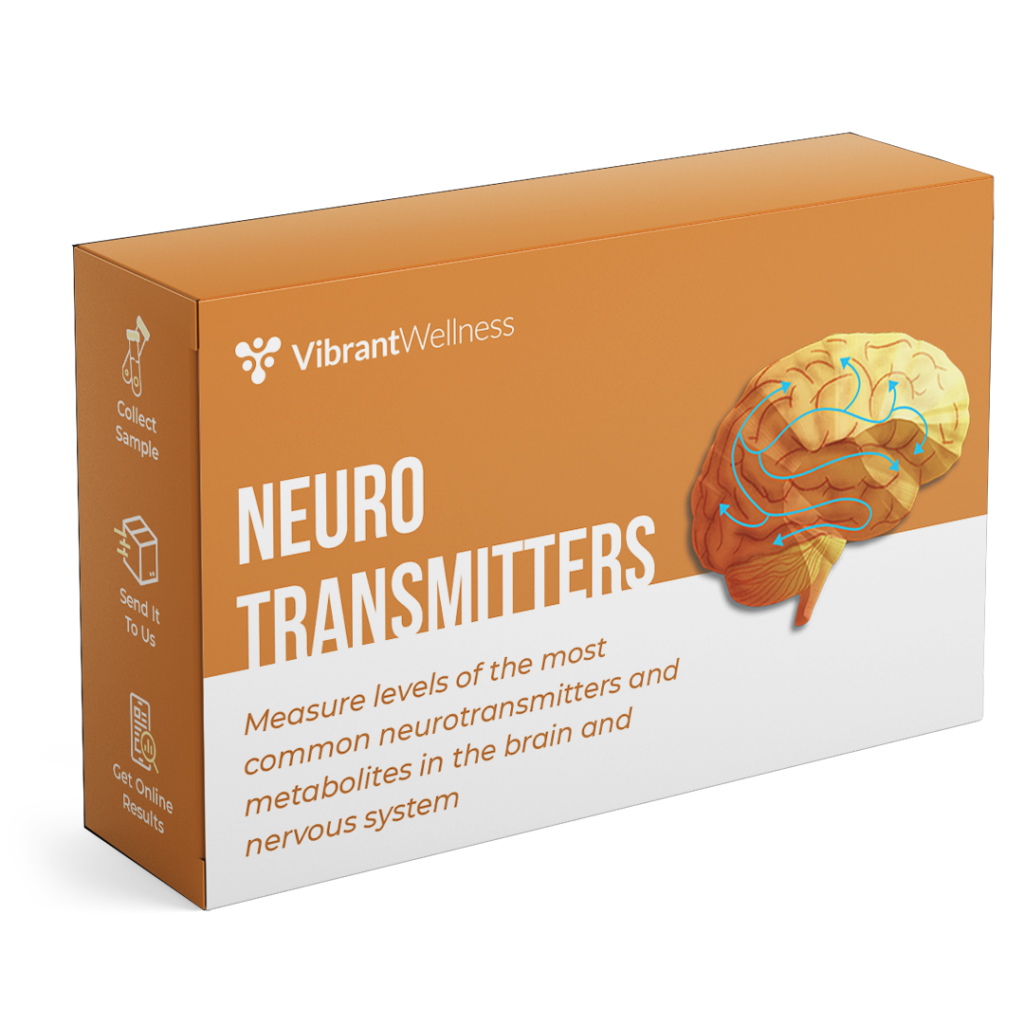

Hello and welcome to Motivation and Mindset Mondays! Today, we’ll give you a simple guide to keeping a journal. Keeping a journal is a wonderful activity for your personal growth. It forces you to reflect on your life regularly. It becomes more obvious where your challenges lie when you have to put your experiences down on paper.
It can also serve as a great way to record your life and see how you’ve grown over the years. You might be surprised three years from now when you look back on today. And if you want to write a book about your life, you have a great record to refer to!
It can be tough to get started: what do you write about? Should you use a notebook, word processor or something fancy like a leather-bound journal?
These tips can help you get started:
1. Choose your medium.
It really doesn’t matter where you record your life; all have their advantages and disadvantages. Just choose something that works for you.
- Notebooks do tend to be a better choice. Many of us spend all day typing away on our computers. Journaling in a notebook gives you a chance to manually write something. It seems more sacred to write with our own hand. Computers can also be distracting; you might sit down to do your journaling and end up surfing the Internet.
2. Keep it short.
Of course, you can write as much as you want. But if you keep it short, you’ll be a lot more likely to do it regularly. Even just a few bullet points can be enough to capture the essence of what happened in your day.
3. Set a schedule.
If you use a notebook, keep it by your bed or the coffee pot; that way you won’t miss it. Set a reminder on your computer. It makes more sense to do it at the end of the day as you reflect on your day, but any time is better than never. Choose a time and stick to it.
4. Never miss more than one day.
Things come up, and it’s easy to miss a day here and there. If you miss more than one day in a row, you might wind up missing five days before you know it. Be consistent. It can be difficult to go back and fill in the blanks at a later date.
- If you do forget and skip a couple of days, rely on your records. You can look back at your calendar or planner and your emails to jog your memory about how the days were spent.
5. Track your progress toward your goals.
List the things that are most relevant to you at the time. For example, if you’re trying to lose weight, mention related victories, missteps, and your weight fluctuations. If you’re trying to earn an extra $1,000 this month, keep a running tally of your progress.
6. Keep your journal private and secure.
If you believe that someone else might see it, you might be hesitant to be completely open when writing in it. This is one area that computers really shine; with a decent password, it would take the CIA to get into your journal. A simple locked drawer can work well, too.
Before you know it, you’ll have a shelf full of your journal entries. Consider that writing just half of a page each day would be over 3,000 pages in 10 years!
Journaling is an excellent way to record your life and track your progress. Think about how interesting it would be to read your current entries 10 or even 50 years from now. You might even want to give your journals to your children someday. Begin your journal today. A life worth living is a life worth recording!
I would love to give you a free resource sheet to support your quest for a healthy mindset. Click the button below to receive your gift.
I really wanted to talk about this topic today because I wanted to share some lifestyle-based strategies to improve your overall mindset and mental health, which in turn improves your life. You must do the internal work to improve your overall health. You can do this by learning what motivates you and working each day on improving your mindset. Your thoughts control your feelings, which controls your behavior. You can cultivate certain behaviors and practices that will not only enrich your life, but that you can pass on to your family, friends, and community, so that you can leave a legacy of health to your loved ones.
If you are familiar with my approach, I use functional medicine and lifestyle medicine as the first line of treatment, before medications, to treat lifestyle-related chronic diseases. Lifestyle-related chronic diseases include diabetes, hypertension, obesity, some cancers, just to name a few. Lifestyle modifications, such as stress reduction and mindfulness exercises, can help you feel better about yourself and your life. In certain cases, these approaches may even outperform pharmaceutical therapy. But I always tell my patients that conventional medications may be appropriate at this time to prevent catastrophic illness, but over time, you can work to make the necessary lifestyle changes to possibly reduce and/or eliminate medications. Please remember to always consult your physician for your particular needs and circumstances prior to making any decisions whatsoever.
Is Dietary Supplementation Right For You?
Did you know that what you eat can have a significant impact on your mood and mindset? A poor diet can lead to decreased energy levels, low moods, and even depression. Conversely, a healthy diet can improve your mood, help you feel more energetic, and boost your overall sense of well-being.
For some people, vitamin and mineral supplements offer important health benefits. Supplements are designed to fight deficiencies found in our diet and complement the food we eat regularly. Supplements are basically “helping hands” to our daily food.
When stress, anxiety, and depression creep in, it can be difficult to stay motivated and keep your head in the game. Fortunately, dietary supplementation can help. Certain vitamins, minerals, herbs and other natural ingredients have been shown to improve moods and reduce stress levels. For example, B vitamins (such as B6 and B12) are essential for maintaining healthy brain function and producing energy. Omega-3 fatty acids, which can be found in fish oil supplements, are known to reduce stress hormones and promote relaxation. Magnesium is also important for mental health – it helps regulate stress hormones, reduce anxiety levels and improve quality of sleep.
In addition to these supplements, there are also a number of herbal remedies that can help with stress management. Herbs such as lavender, chamomile and passionflower can be helpful for calming the body and reducing stress levels. Valerian root is another popular stress-relieving herb – it helps to relax the mind and promote restful sleep.
Ultimately, dietary supplementation can play an important role in improving your mindset and mood. If you’re feeling stressed or down, consider adding some of these supplements to your daily routine! They may just be the key to unlocking your mental wellbeing.
So… if you are unable to eat better and need supplementation, the supplements in my Mindset and Mood Support Bundle may provide the extra boost you need.
These are my favorite Mood Support Supplements to use! This Mindset and Mood Support Bundle will ensure you have the intake of the important vitamins, minerals, and probiotics to decrease inflammation and boost your innate wellness day and night. Taken together, it’s a solid plan for increasing your body’s natural resiliency while you improve your sleep, decrease your stress, and improve your mental clarity, naturally.
Tools For Motivation And Mindset
Meditating
Although you don’t need a cushion to meditate, you may want to consider using one at some point. You could meditate in a chair, or simply sit on the floor if you want. You can also use pillows or cushions from your furnishings to try out. Cushion, chair, bench, floor – it’s all good. Eventually, though, if you’re not sitting upright on a chair, you’ll probably do well to buy a dedicated meditation cushion. The cushion will support your sitting posture and help you create an appealing mindfulness corner that will encourage you to practice every day. I recommend this meditation cushion and mat bundle.
Journaling
If you struggle with stress, depression, or anxiety, keeping a journal can be a great idea. Even if you don’t have these conditions, journaling can enhance your life in many ways. Having difficulty processing your thoughts and emotions? Journaling can help clear that mental clutter and move towards a positive mindset. Research suggests that keeping a journal can have positive impacts on both mental and physical health. So, to start you on your journey, I recommend this self care journal.
Yoga
Yoga can be a great way to improve your strength and flexibility, manage your stress, improve your heart health, and lose weight! I recommend using a grounded yoga mat to connect yourself with the earth and reduce inflammation.
Food!
Remember, living a healthy lifestyle including eating a whole foods plant-based diet, regular physical activity, meditation and mindfulness, as well as healthy and supportive relationships are the best ways to support mental health.
Please talk with your doctor about any complementary health approaches, including supplements, you use. Let me know what you think in the comment section below.
Still Feeling A Little “Off”?
You may want to consider looking at your neurotransmitter levels. We’ve all heard of neurotransmitters—those chemical messengers that facilitate the transmission of signals from one neuron to the next across a synapse. But, what do they actually do?
Neurotransmitters influence and regulate a wide range of processes, from mental performance and emotions to pain response and energy levels. It’s no wonder why many people seek professional help when their neurotransmitter levels become imbalanced. Let’s take a closer look at how neurotransmitters work and what options are available for addressing imbalances.
What Is a Neurotransmitters Test?
The best way to determine if there’s an imbalance is through testing. The Vibrant Wellness Neurotransmitter Test is designed to measure levels of various hormones and chemicals in the brain and peripheral nervous system that play an important role in mood, memory, aging, balance, nervous function, movement, pain perception, eating behavior, sleep/wake cycles, stress biology, heart rate variability (HRV), etc. The Neurotransmitters panel measures levels of important hormones and chemicals in the brain and peripheral nervous system—including serotonin (mood), dopamine (motivation), epinephrine/norepinephrine (energy), GABA (relaxation) , glutamate (balance), acetylcholine (memory) , histamine (inflammation).
It’s also important to note that this test looks at both active levels as well as metabolites which helps identify underlying causes for imbalances such as poor absorption or metabolism. With this data in hand, you can start making changes that help restore balance.
Imbalances in these chemicals can lead to a variety of symptoms including irritability, anxiety or depression; cognitive issues such as forgetfulness; sleep disturbances; fatigue; digestive problems; low libido; weight gain or loss; etc. A Neurotransmitter test is used to detect underlying imbalances that may be causing these symptoms.
What Are the Benefits of a Neurotransmitter Test?
A neurotransmitter test can provide valuable insight into your overall health. It can identify any underlying hormonal or chemical imbalances that may be contributing to your symptoms. Once these imbalances have been identified, you can work with your healthcare provider to develop an individualized treatment plan that addresses the root cause of your symptoms. This could include lifestyle changes such as diet modifications or exercise regimens as well as supplements or medications designed to correct any deficiencies in neurotransmitter production.
What Can I Do if My Test Comes Back Positive?
If your test comes back positive for an imbalance in one or more neurotransmitters, there are several things you can do to get back on track. The first step is to identify any underlying lifestyle factors that could be contributing to the imbalance (such as sleep deprivation or poor nutrition). Once you’ve identified those factors, you can begin making changes – such as improving your diet or getting more exercise – to help restore balance. Additionally, certain supplements may also be recommended by your doctor or health care provider in order to promote optimal neurological functioning and support healthy neurotransmitter levels.
In A Nutshell…
Neurotransmitters are essential for a healthy mind and body – they influence mental performance and emotions while helping regulate key processes like pain response and energy levels. If you’re feeling off balance lately or experiencing unusual symptoms like insomnia or digestive issues it might be worth looking into whether there’s an underlying imbalance in your neurotransmitter levels causing your discomfort. A Neurotransmitters panel test will give you valuable insight into what’s going on within your body so you can take corrective action if needed! With the information gained from this test you’ll be able to better understand what’s going on within your body and make informed decisions about how best to bring yourself back into balance!
PLEASE NOTE: If you or someone you know is experiencing severe stress, anxiety, depression and/or other mental health issues, please contact SAMHSA’s National Helpline, 1-800-662-HELP (4357), (also known as the Treatment Referral Routing Service) or TTY: 1-800-487-4889. This is a confidential, free, 24-hour-a-day, 365-day-a-year, information service, in English and Spanish, for individuals and family members facing mental and/or substance use disorders. This service provides referrals to local treatment facilities, support groups, and community-based organizations. Callers can also order free publications and other information.
Dr. Nicolle Martin
Some of the links in this article are "affiliate links", a link with a special tracking code. This means if you click on an affiliate link and purchase the item, we will receive an affiliate commission.
The price of the item is the same whether it is an affiliate link or not. Regardless, we only recommend products or services we believe will add value to our readers.
By using the affiliate links, you are helping support our Website, and we genuinely appreciate your support.
Last updated on July 17th, 2023 at 08:59 am

Minimize Medications. Maximize Health.
Are you super busy but need to take control of your health? Are you tired of being tired? Subscribe to my “Minimize Medications, Maximize Health Blog” and I’ll give you 7 Tips to Get Healthy in No Time absolutely FREE.







